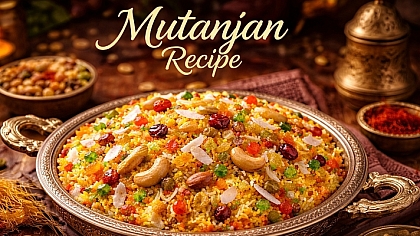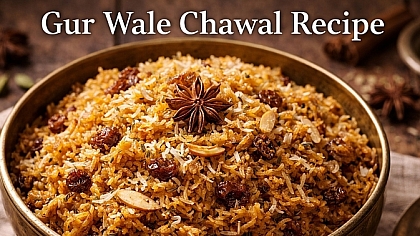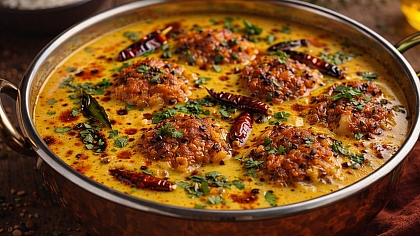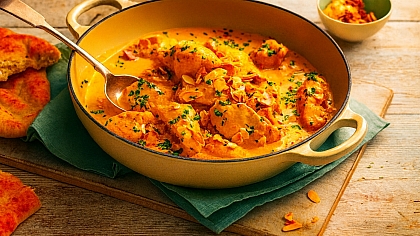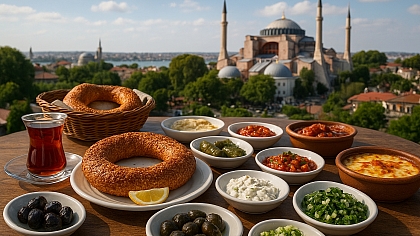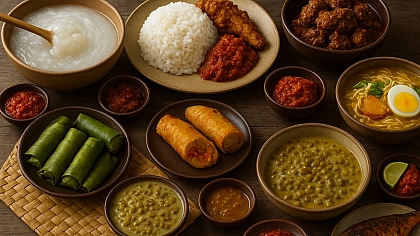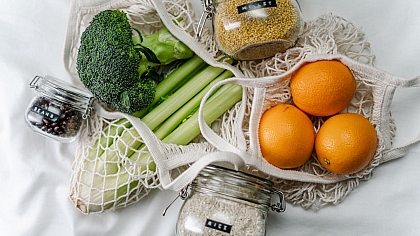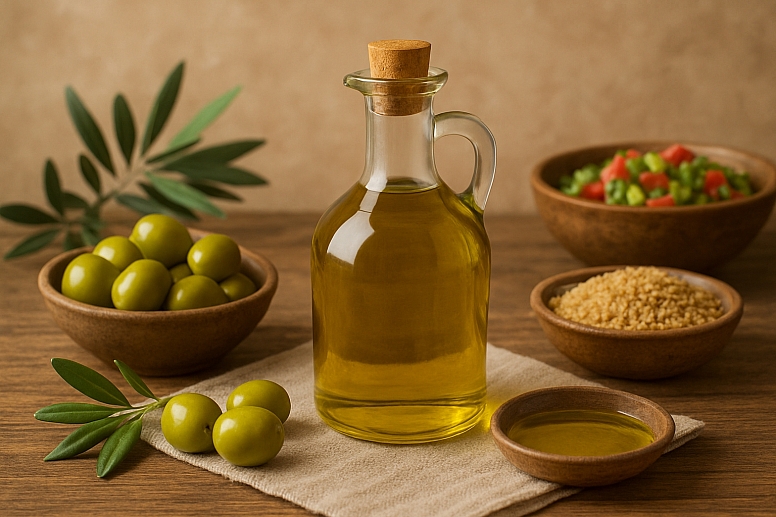
The Health Benefits of Olive Oil in Turkish Cuisine
What You Will Learn
Olive oil is a cornerstone of Turkish cuisine and wellness. You will find out:
- How the fats in olive oil support a healthy heart.
- Why antioxidants in olive oil protect your cells from damage.
- The role of olive oil in reducing inflammation.
- How it contributes to brain health and may aid memory.
- Simple ways to use olive oil in everyday cooking.
The Heart of Turkish Cooking and Health
In Turkey, olive oil is more than an ingredient; it is a way of life. It is the foundation of a whole category of dishes known as zeytinyağlılar—vegetables and legumes cooked gently in olive oil and served at room temperature. This culinary tradition is not just about taste. It is a centuries-old practice that recognizes the profound health benefits of this liquid gold.
Modern science has caught up with this ancient wisdom. Extensive research shows that a diet rich in high-quality olive oil, like the one common in Turkey and the Mediterranean, is linked to longer, healthier lives.
This guide explains the specific health benefits of olive oil. It shows why it is the essential fat in Turkish kitchens and how it contributes to overall wellness.
Understanding the Good Fats
The primary type of fat in olive oil is monounsaturated fat, specifically oleic acid. This is a "good" fat.
- Heart Health: Monounsaturated fats help reduce levels of LDL (often called "bad" cholesterol) while maintaining HDL ("good" cholesterol). This improves overall cholesterol levels and supports heart health.
- Stable Fat: Oleic acid is more resistant to oxidation (damage from heat and light) than many other fats. This makes extra virgin olive oil a stable and healthy choice for cooking at moderate temperatures.
The Power of Antioxidants
Extra virgin olive oil is particularly valuable because it is mechanically pressed, not processed with chemicals. This preserves a range of powerful natural compounds.
- Polyphenols: These antioxidants protect the body's cells from damage caused by free radicals. This cellular damage is linked to chronic diseases and ageing.
- Vitamin E: This fat-soluble vitamin also acts as an antioxidant, supporting skin health and immune function.
- Oliveocanthal: This unique compound in extra virgin olive oil has been studied for its anti-inflammatory effects, which are similar to ibuprofen.
Key Health Benefits of Olive Oil
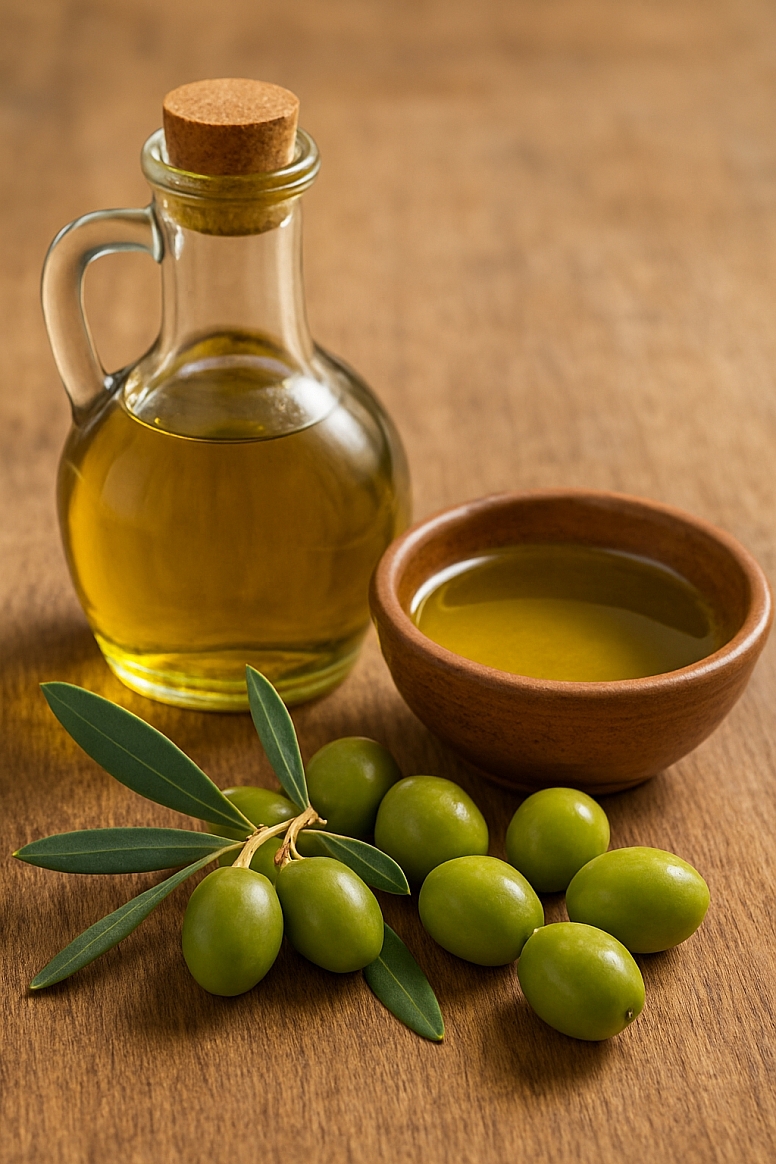
1. Supports a Healthy Heart: This is the most well-documented benefit. Replacing saturated fats (like butter) with olive oil can:
- Help manage healthy blood pressure.
- Improve cholesterol levels.
- Reduce the risk of cardiovascular disease.
2. Fights Inflammation: Chronic inflammation is a root cause of many diseases. The antioxidants in extra virgin olive oil, especially oleocanthal, have strong anti-inflammatory properties.
3. Protects Brain Health: The fats in olive oil are crucial for brain function. Studies suggest that a diet rich in olive oil may help improve memory and protect against age-related cognitive decline.
4. Aids Digestive Health: Olive oil is gentle on the digestive system. It can help stimulate the digestive tract and may improve the absorption of fat-soluble vitamins (A, D, E, K) from other foods in your meal.
5. Contributes to Stable Blood Sugar: The healthy fats in olive oil slow down the absorption of sugars into the bloodstream after a meal. This helps prevent sharp spikes and crashes in blood sugar levels.
A Practical Guide to Using Olive Oil
Turkish cuisine demonstrates the perfect balance of using olive oil for both flavor and health.
| Use Case | Recommendation | Turkish Example |
|---|---|---|
| Salad Dressings | Use Extra Virgin Olive Oil. Its flavor shines without heat. | Drizzled over a classic Çoban Salatası (Shepherd's Salad). |
| Sautéing & Light Frying | Use Extra Virgin or Pure Olive Oil at low-to-medium heat. | Sautéing onions for a pot of Zeytinyağlı Taze Fasulye (green beans). |
| Drizzling & Finishing | Always use high-quality Extra Virgin Olive Oil. | Topping a bowl of lentil soup (Merçimek Çorbası) before serving. |
| Baking | Can replace butter or other fats in some recipes. | Used in savory pastries and some breads. |
Your Questions About Olive Oil, Answered
What is the difference between extra virgin and regular olive oil? Extra virgin olive oil is from the first cold pressing of olives. It is not processed with heat or chemicals. It has the most robust flavor and the highest level of beneficial compounds. Regular or "pure" olive oil is often a blend of cold-pressed and processed oils. It has a more neutral flavor and a higher smoke point, but fewer antioxidants.
Can I cook with extra virgin olive oil? Yes. Its smoke point is generally around 375-405°F (190-207°C), which is suitable for most sautéing, baking, and simmering. It is not ideal for deep-frying. The key is to avoid heating it until it smokes.
How should I store olive oil? Keep it in a cool, dark cupboard away from the stove and sunlight. Heat, light, and air are its enemies and will cause it to spoil faster. It does not need to be refrigerated.
How much olive oil should I consume daily? While beneficial, it is still high in calories. Most recommendations suggest 1-2 tablespoons per day as part of a balanced diet to reap its health benefits.
Embrace the Turkish Way with Olive Oil
The Turkish approach to olive oil is a lesson in simplicity and health. It is not used sparingly as a condiment but embraced as a fundamental source of flavor and nourishment.
Try incorporating a daily spoonful of high-quality extra virgin olive oil into your daily meals. Drizzle it over your salad, use it to sauté your vegetables, or dip your bread into it. Experience for yourself why this ancient ingredient remains one of the world's healthiest and most delicious fats.


